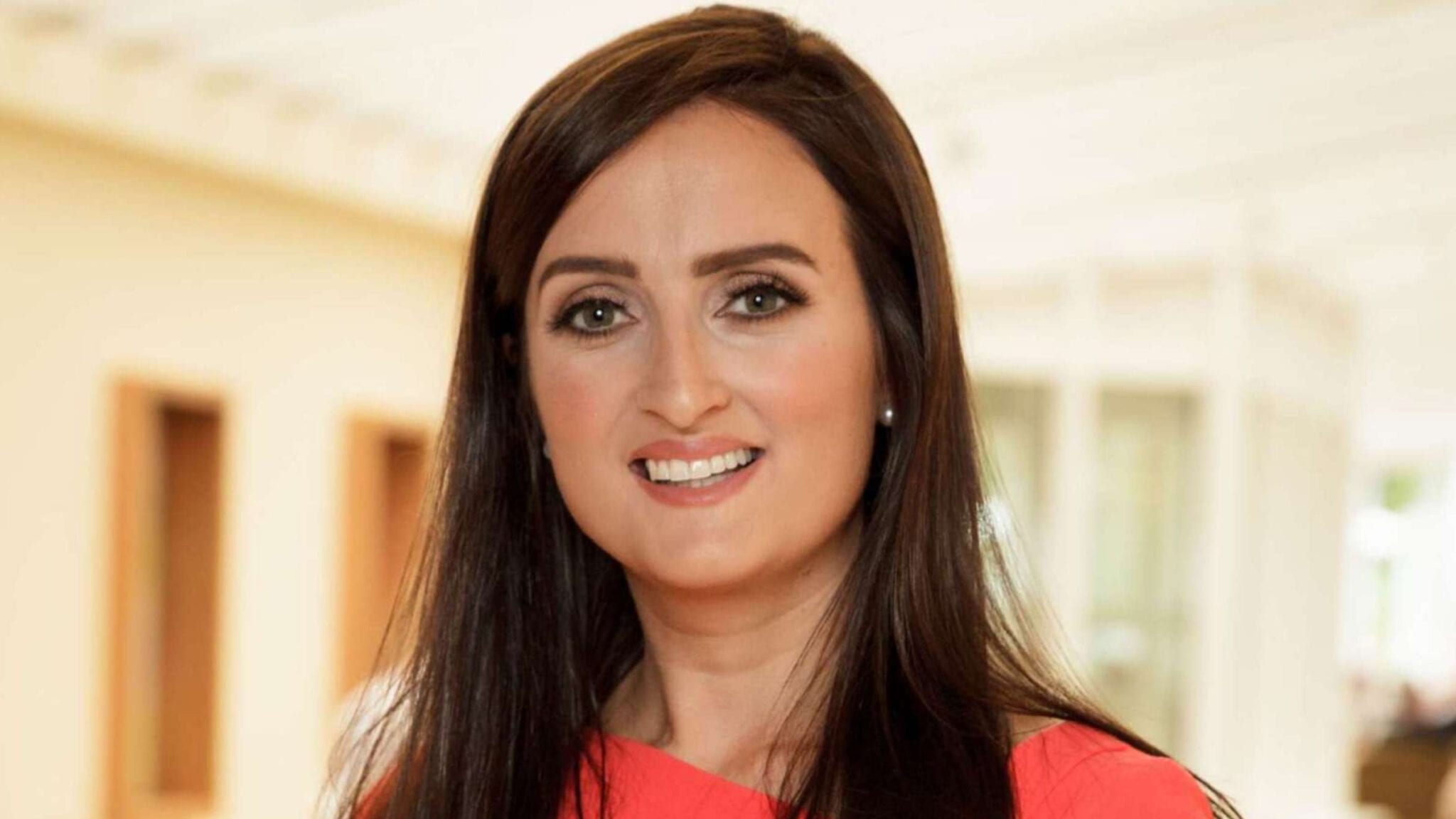
Shorla Pharma scores an expedited review for its mystery candidate to treat T-cell malignancies
Since launching Shorla Pharma three years ago to design better versions of existing cancer drugs, co-founders Sharon Cunningham and Orlaith Ryan have offered scarce details on what it is they’re working on. But the FDA clearly likes what it sees.
The agency has granted priority review to SH-111, Shorla’s mystery candidate for the third-line treatment of adults and children with T-cell acute lymphoblastic leukemia (T-ALL) and T-cell lymphoblastic lymphoma (T-LBL), the company said on Friday.
Unlock this article instantly by becoming a free subscriber.
You’ll get access to free articles each month, plus you can customize what newsletters get delivered to your inbox each week, including breaking news.